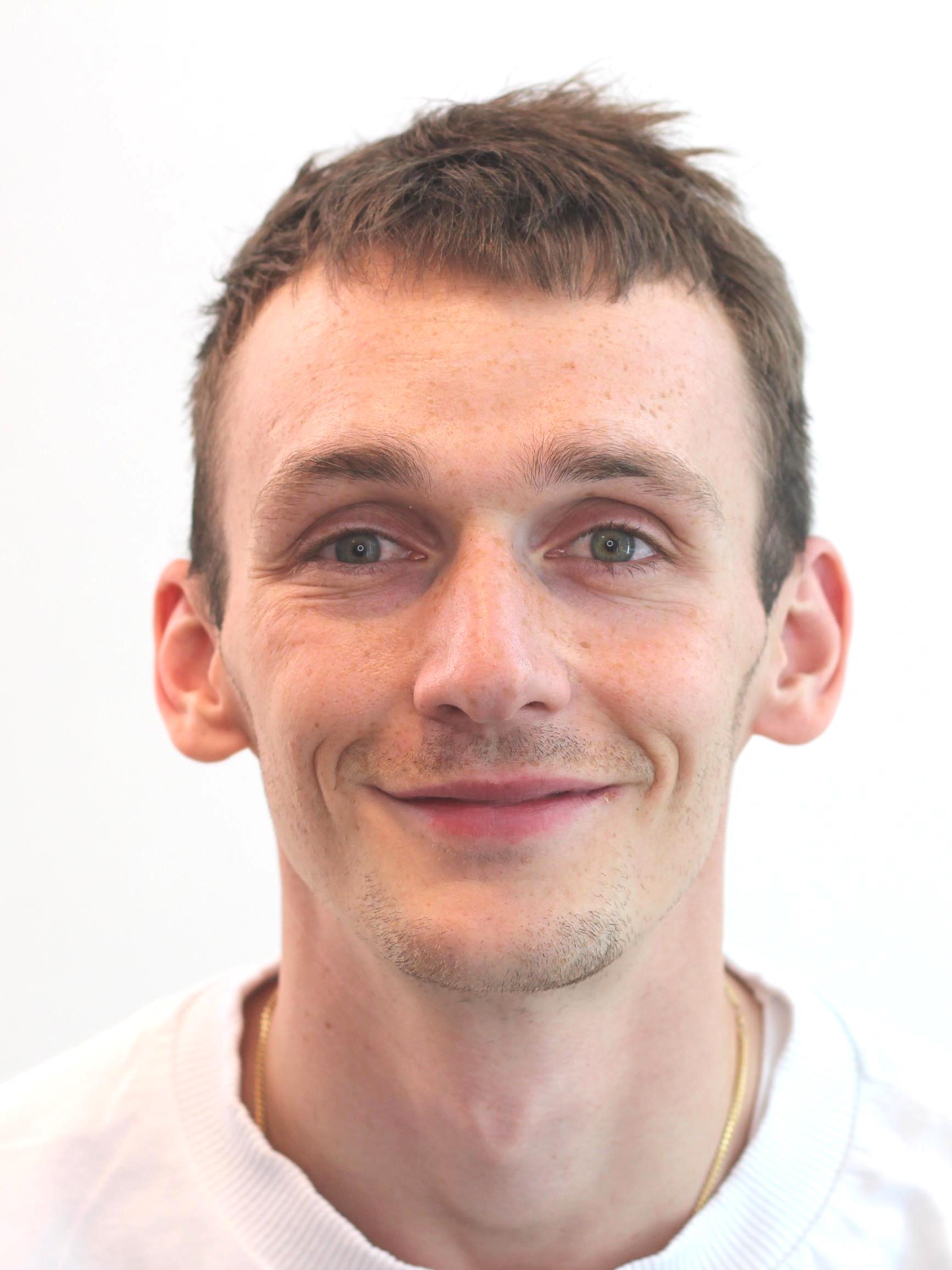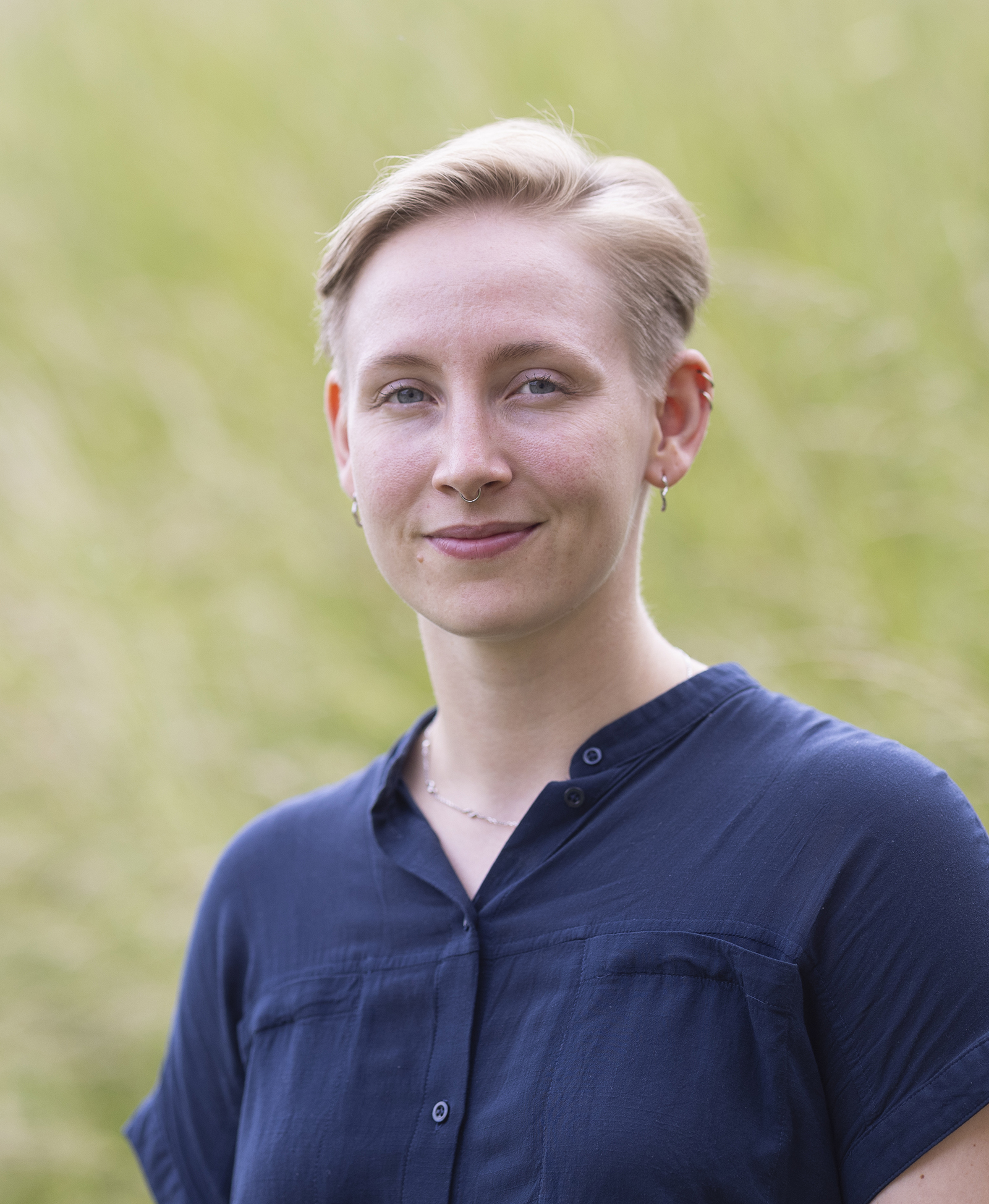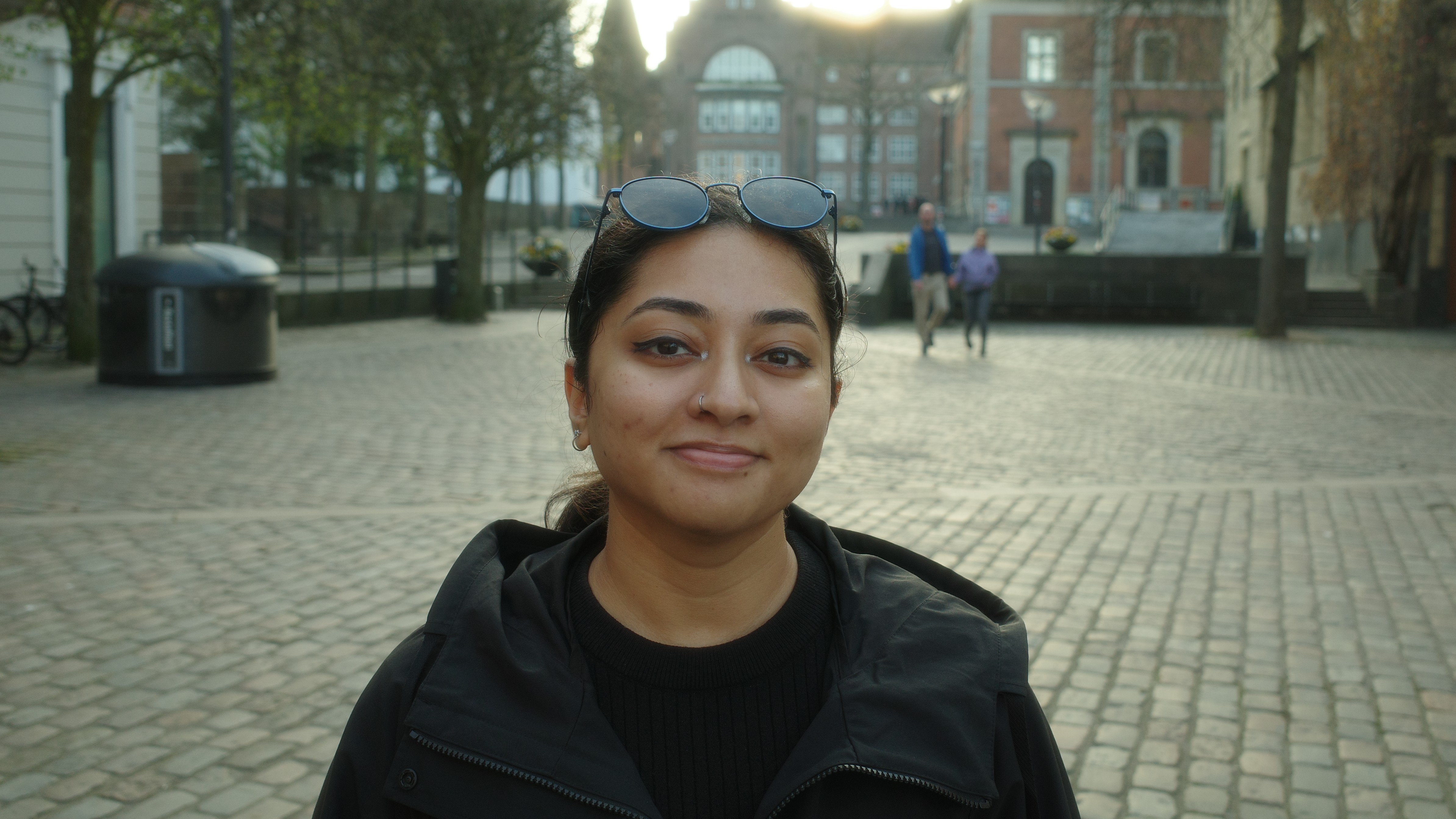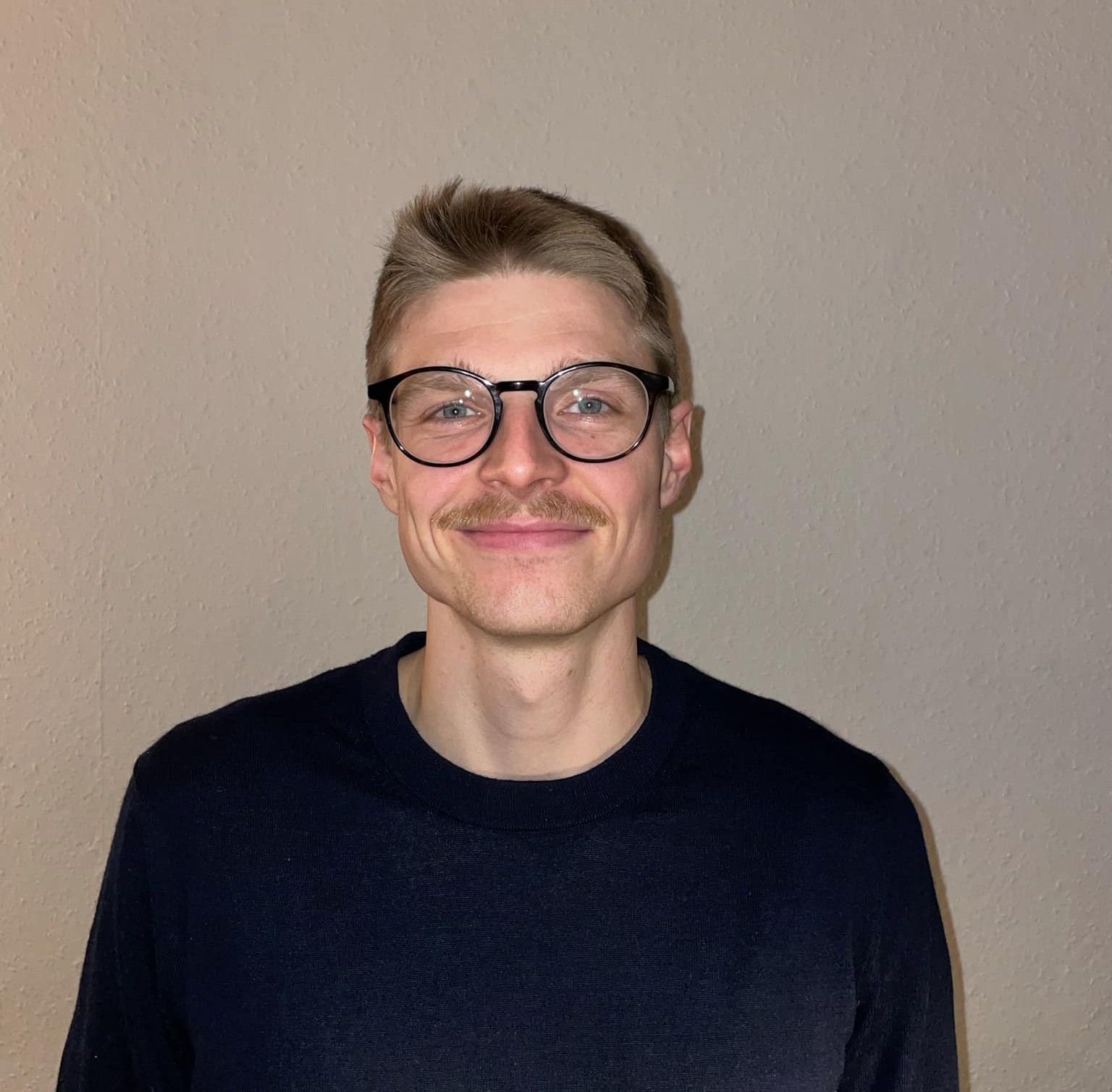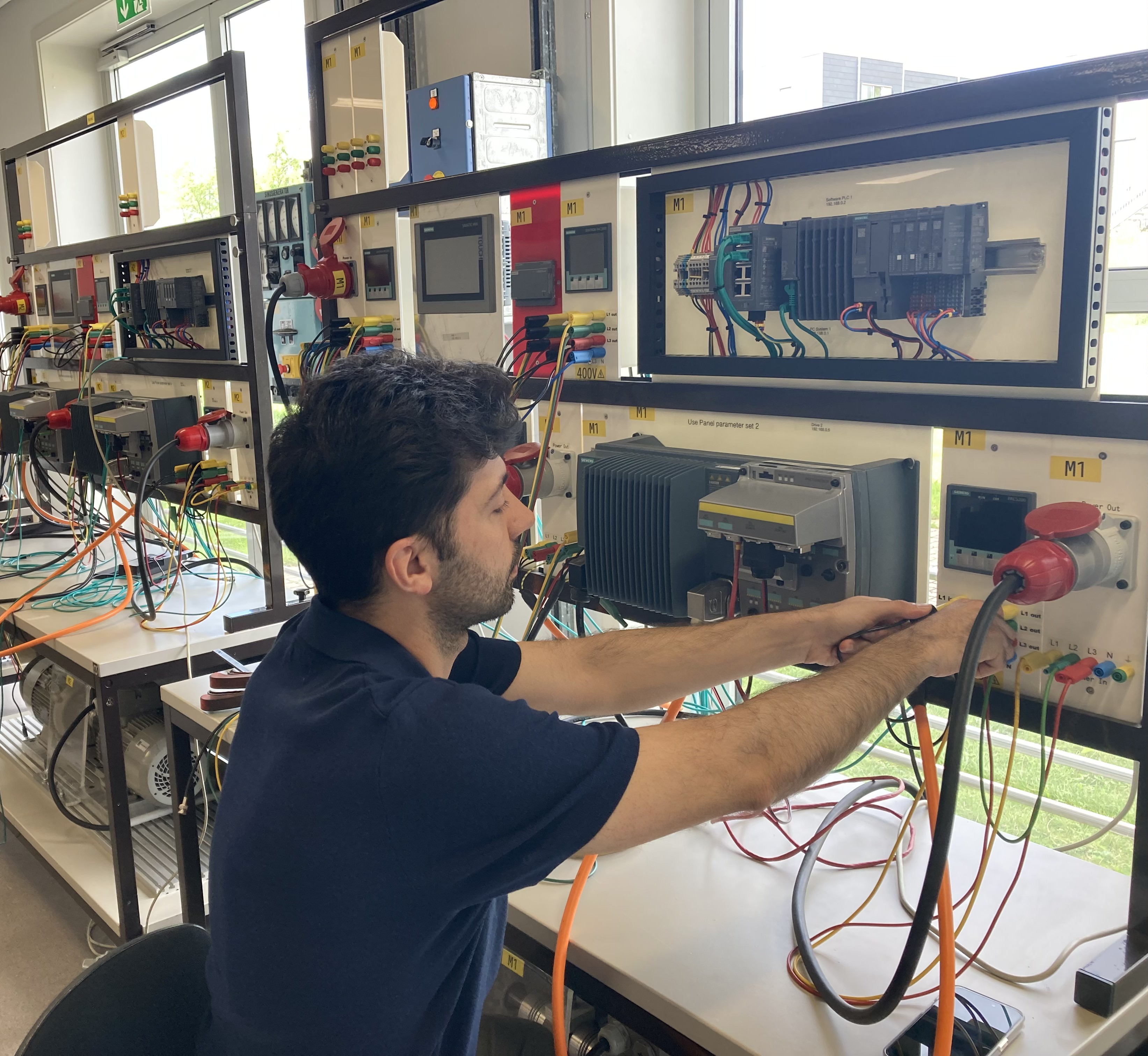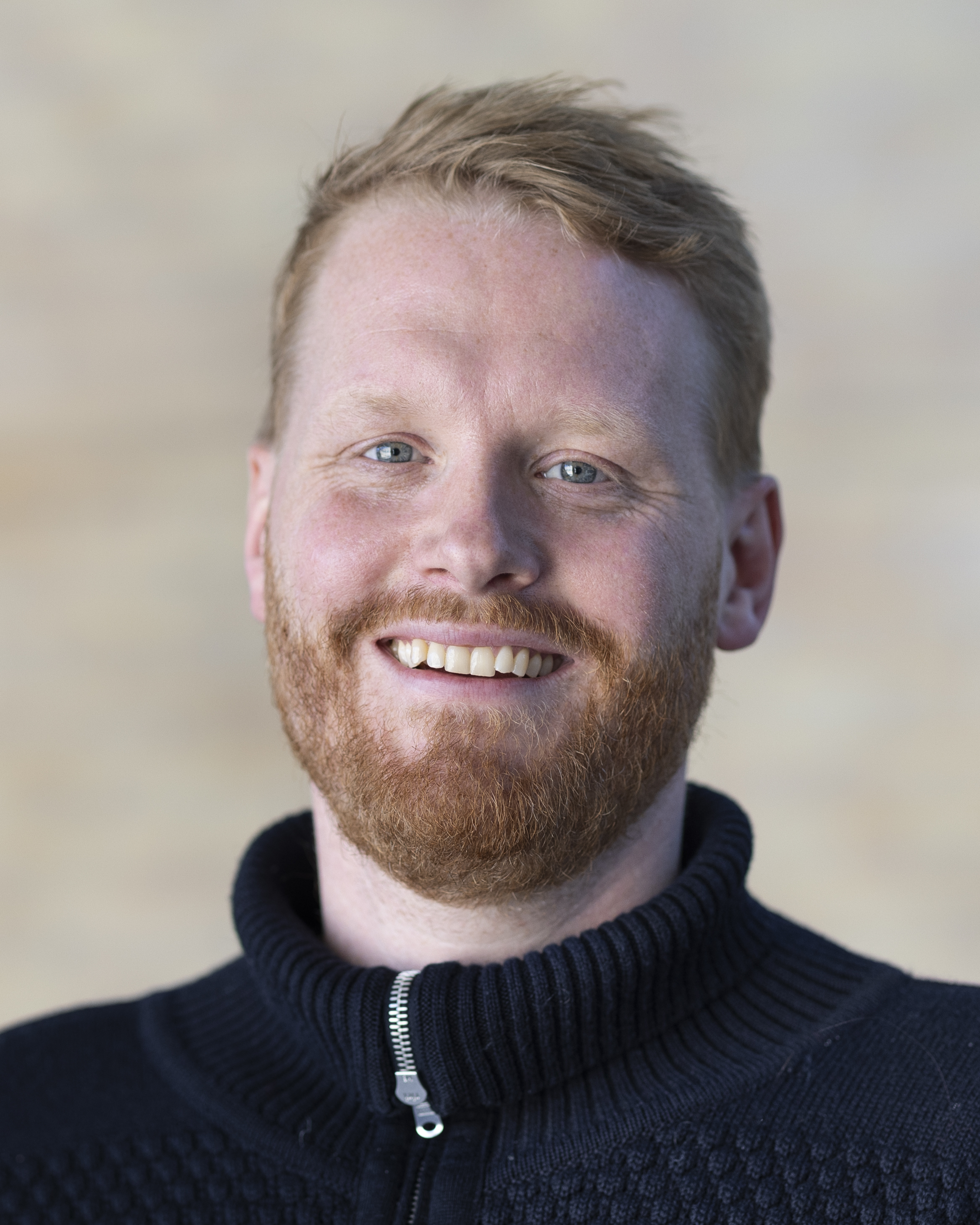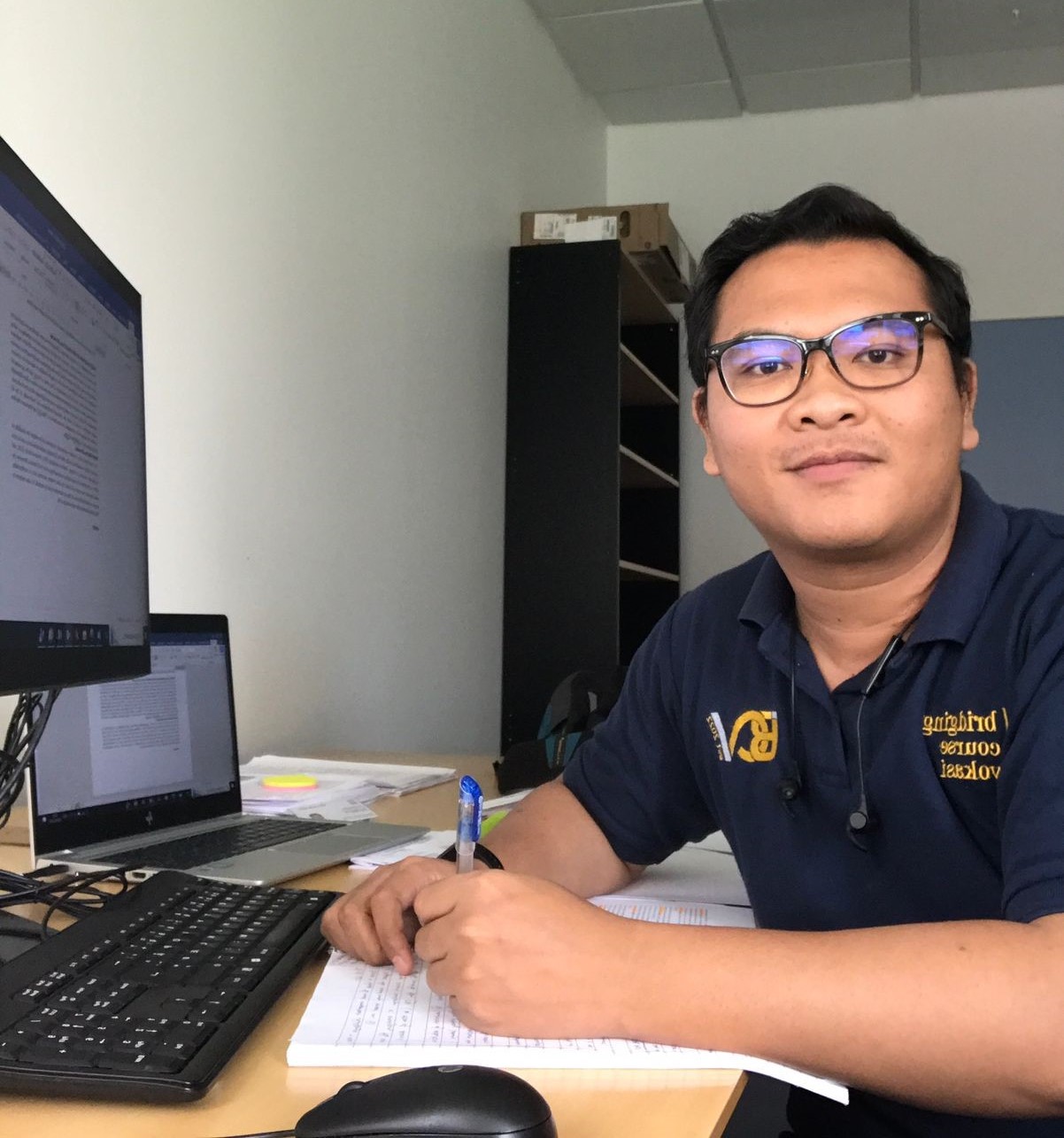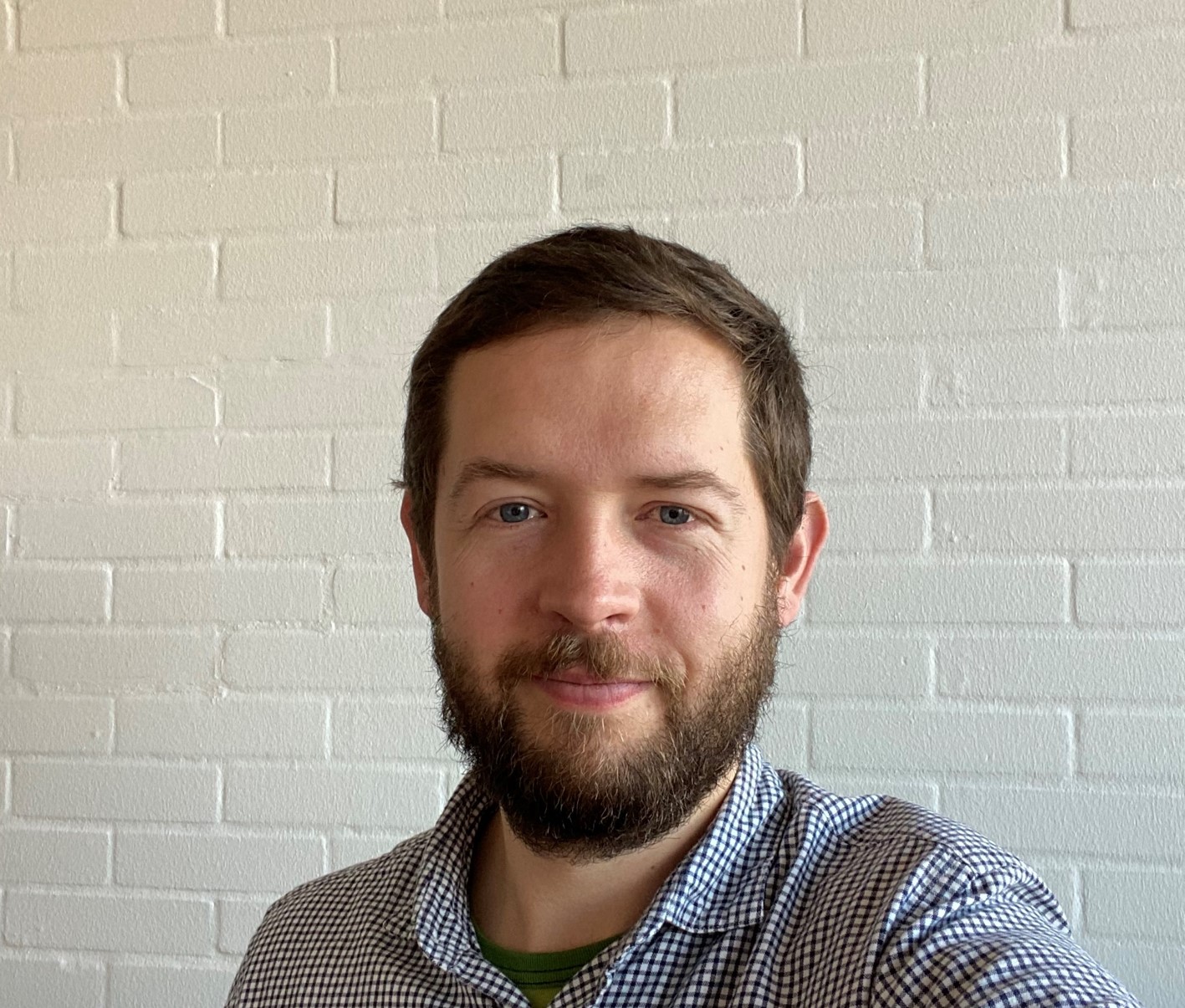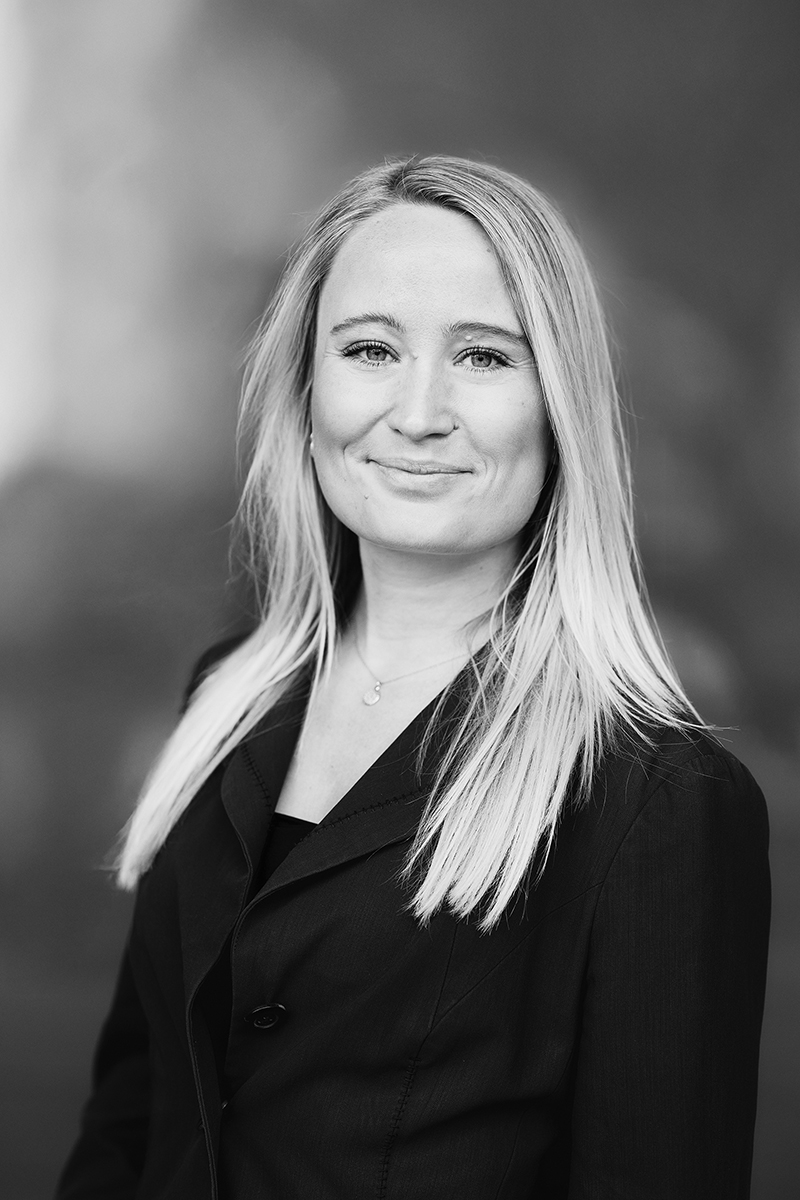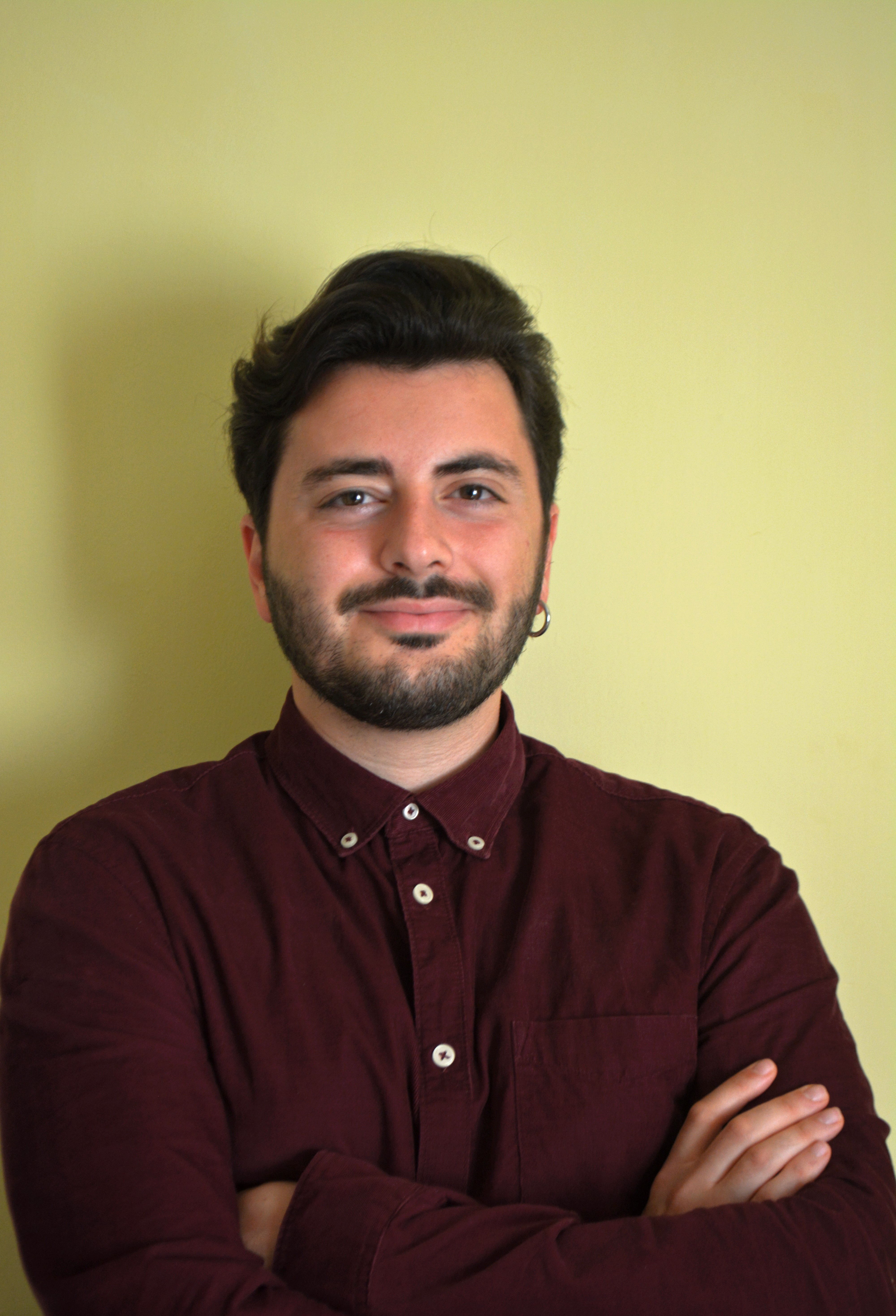Ph.d.-projekt
Data-Driven Predictive Maintenance of Rails
Background
Rail degradation poses a significant threat to railway safety and cost efficiency. Initiated rail cracks are not easily detectable nor predictable; they are expensive to repair and expensive not to repair, and dangerous to ignore. Currently, planning of rail maintenance is performed in a heuristic manner leading to either unneeded maintenance or too late interventions, both cases resulting in decreased life service of the rails. In recent years, predictive maintenance approaches for rail defects have been pursued actively, but there is room for significant improvement through further model development.
Project Description
Our project aims to optimize maintenance of rails using a mathematical modeling approach based on advanced data analysis in a predictive setting. We seek to do so by developing a stochastic forecast model for in-service rail wear and defects, providing a rigorous mathematical basis for estimating prediction uncertainty. This is relevant because accurate defect predictions improve the knowledge foundation for maintenance decision-making which can, if performed prior to defect formation, increase the service time of the rails. Secondly, we seek to optimize maintenance decision-making under uncertainty. This is relevant because the rail defect predictions should be utilized in a maintenance setting with limited resources to reduce life-cycle costs, carbon footprint, and operational disturbances optimally for the entire rail network. We aim to conduct careful evaluation of model performances in a commercial setting with a quantification of its gains compared to baseline maintenance planning to justify model applicability.;
Perspective
Implementation of the project results are tested with industrial collaborators during the project and fully applied after project completion. For a successful implementation, two stages need to be completed:
- Verification. Working with the railway manager to prove the effectiveness of the developed model under local operational settings.
- Implementation. Once proven effective, a full model implementation tailored to specific requirements of the individual railway manager is executed.
The project goal is a developed high-performing technology within predictive maintenance for rails, with an inherent potential for model expansion to other linear asset domains.
Principal Supervisor: Steven Harrod.
Project Period: February 2024- January 2027.
